Funding allocated to 52 projects in British Columbia through the Pacific Integrated Commercial Fisheries Initiative
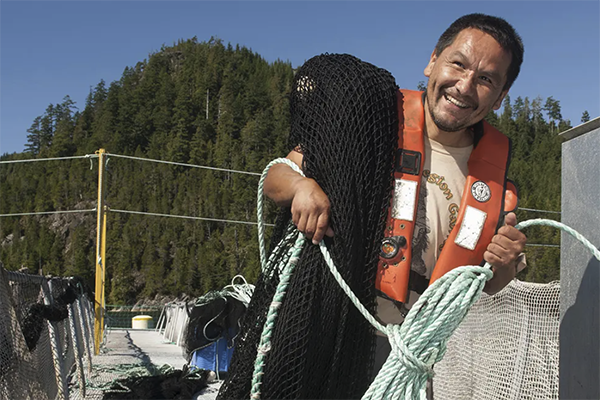
On February 23, 2022, the Canadian government announced $11.8 million CAD (U.S. $9.3 million) in funding to support Indigenous commercial fisheries in British Columbia. The Minister of Fisheries, Oceans, and the Canadian Coast Guard Joyce Murray said the funding will be used to “support new business and training opportunities and increased fisheries access” for 31 Indigenous companies.
Funding will be funneled to 52 initiatives through the Pacific Integrated Commercial Fisheries Initiative (PICFI) – a program launched in 2007 that’s co-developed, co-designed and co-delivered in collaboration with Indigenous partners.
“Through the PICFI program, we are committed to advancing reconciliation with Indigenous communities,” said Murray. “By providing funding for 117 participating First Nations, these investments help to support local Pacific commercial fisheries and to continue our Department’s work to build regenerative and prosperous fisheries in British Columbia.”
Funds will be used for a range of purposes, including the purchase of new equipment and vessels, expansion of kelp aquaculture operations and increase commercial halibut and sablefish quotas.
Funding will also support four new entrants in establishing commercial fisheries companies in the PICFI program, including the Gitksan, Wet’suwet’en and Gitanyow Nations; Klahoose and Homalco Nations; Katzie, Kwantlen and Semiahmoo Nations; and the Lower Fraser Enterprise Limited Partnership.
In Canada, salmon farmers building social license with First Nations
In 2019, Fisheries and Oceans Canada (DFO) released the Department’s Reconciliation Strategy along with an Action Plan for the Renewal and Expansion of Indigenous Programs. The Reconciliation Strategy was developed based on federal policy directions, feedback obtained through departmental engagements and consultations with Indigenous peoples and stakeholders. In a press release, the Department said the funding is “consistent” with its Action Plan.
For a full list of the 52 initiatives to receive PICFI funding, click here.
Follow the Advocate on Twitter @GSA_Advocate
Now that you've reached the end of the article ...
… please consider supporting GSA’s mission to advance responsible seafood practices through education, advocacy and third-party assurances. The Advocate aims to document the evolution of responsible seafood practices and share the expansive knowledge of our vast network of contributors.
By becoming a Global Seafood Alliance member, you’re ensuring that all of the pre-competitive work we do through member benefits, resources and events can continue. Individual membership costs just $50 a year.
Not a GSA member? Join us.
Author
Tagged With
Related Posts
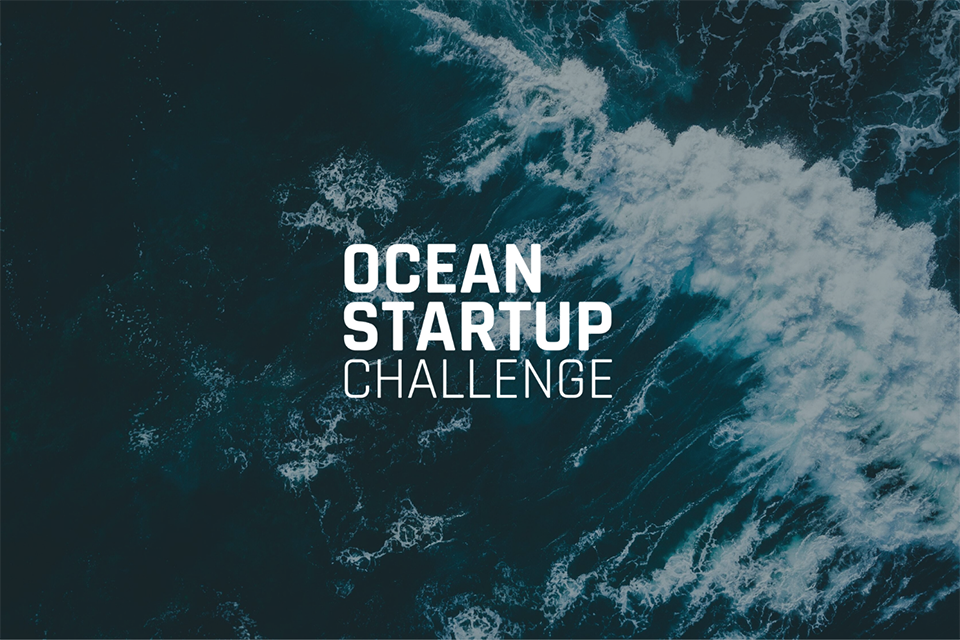
Innovation & Investment
Project awards $1.1 million to 40 ocean tech startups, including aquaculture
The Ocean Startup Project is awarding (U.S.) $1.1 million to 40 ocean tech startups, including at least seven in the aquaculture sector.
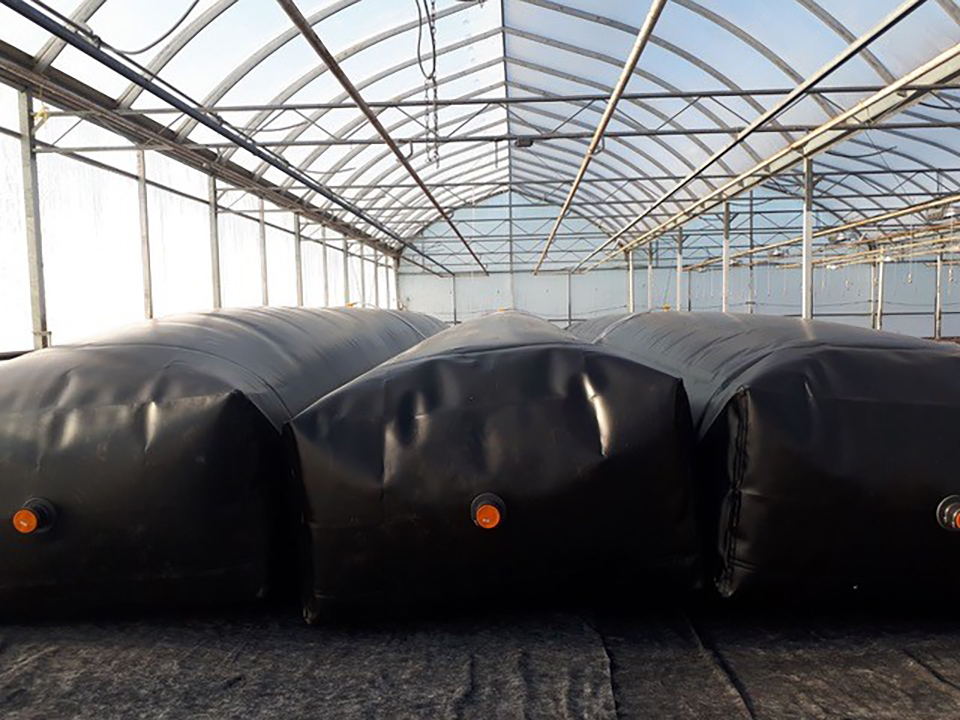
Responsibility
Canada invests in ‘clean-tech’ aquaculture
A handful of aquaculture companies in British Columbia are upgrading to "clean-tech" equipment to make their businesses more sustainable and efficient.
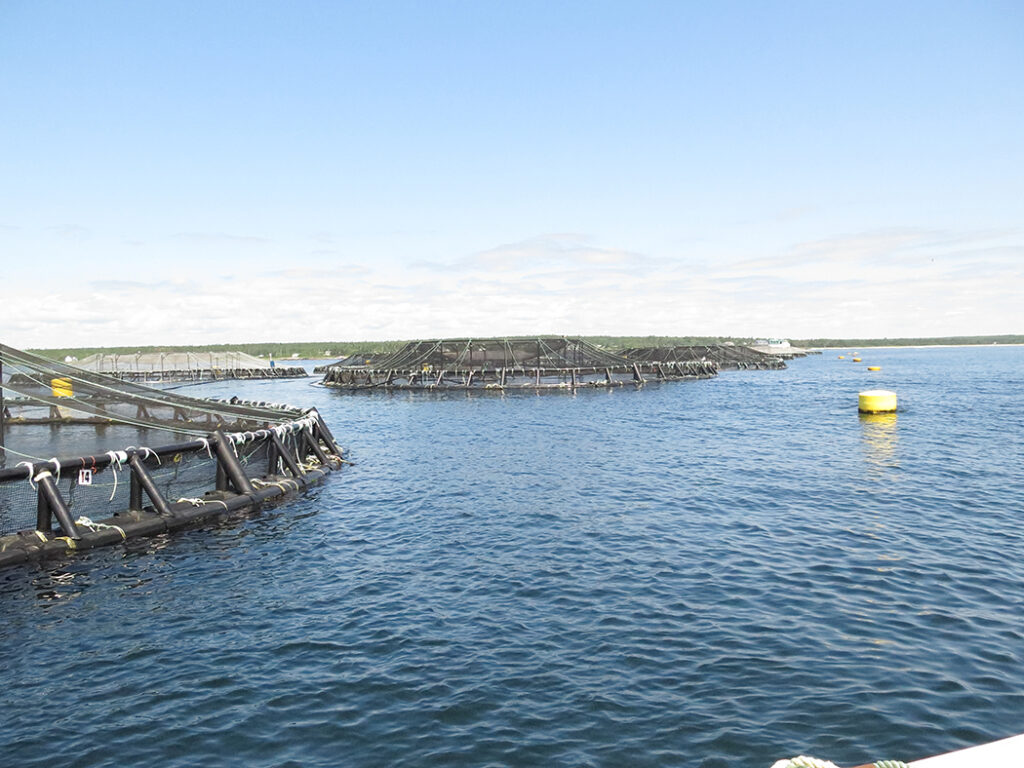
Responsibility
Is Nova Scotia’s seafood economy ready for climate change?
A Centre for Marine Applied Research study will assess the climate change readiness of seafood-dependent communities in Nova Scotia.
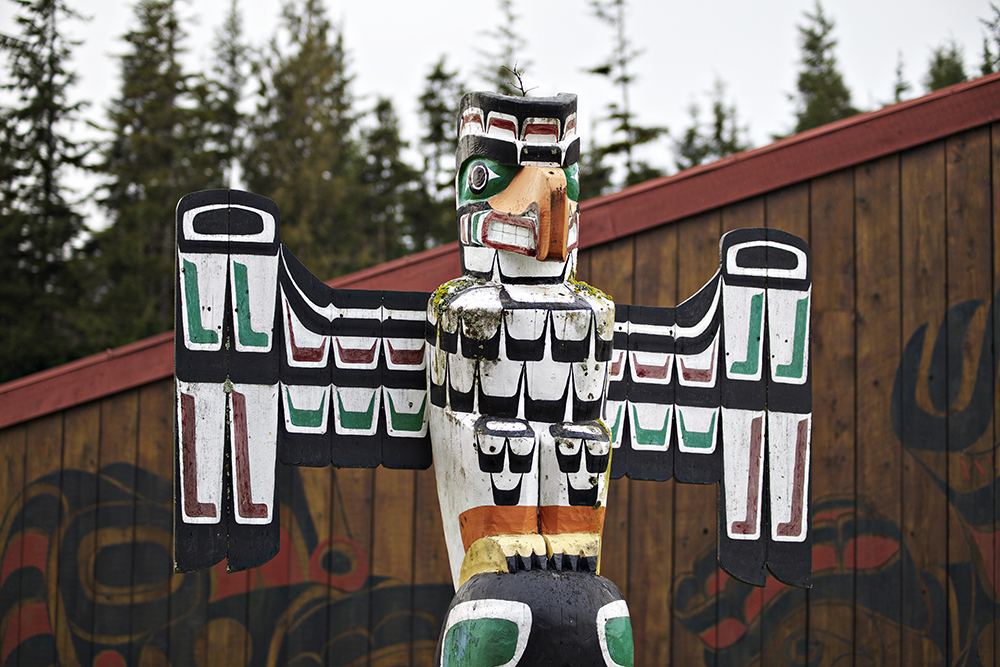
Responsibility
Farms’ removal signals new paradigm for BC salmon industry
A closure of ultimately 17 farms over the next five years will create a farm-free migration corridor for wild salmon on the northeast coast of Vancouver Island.



